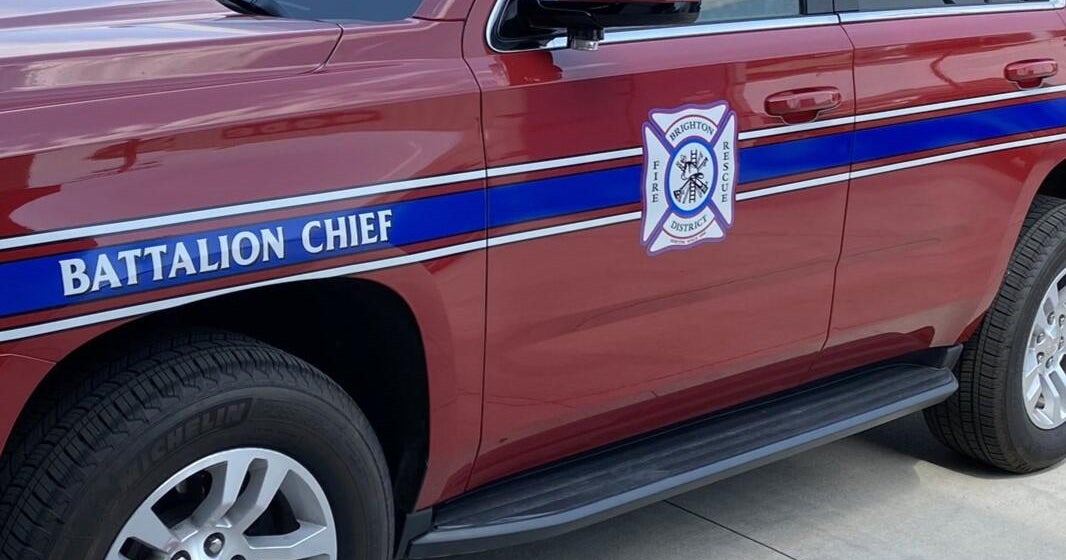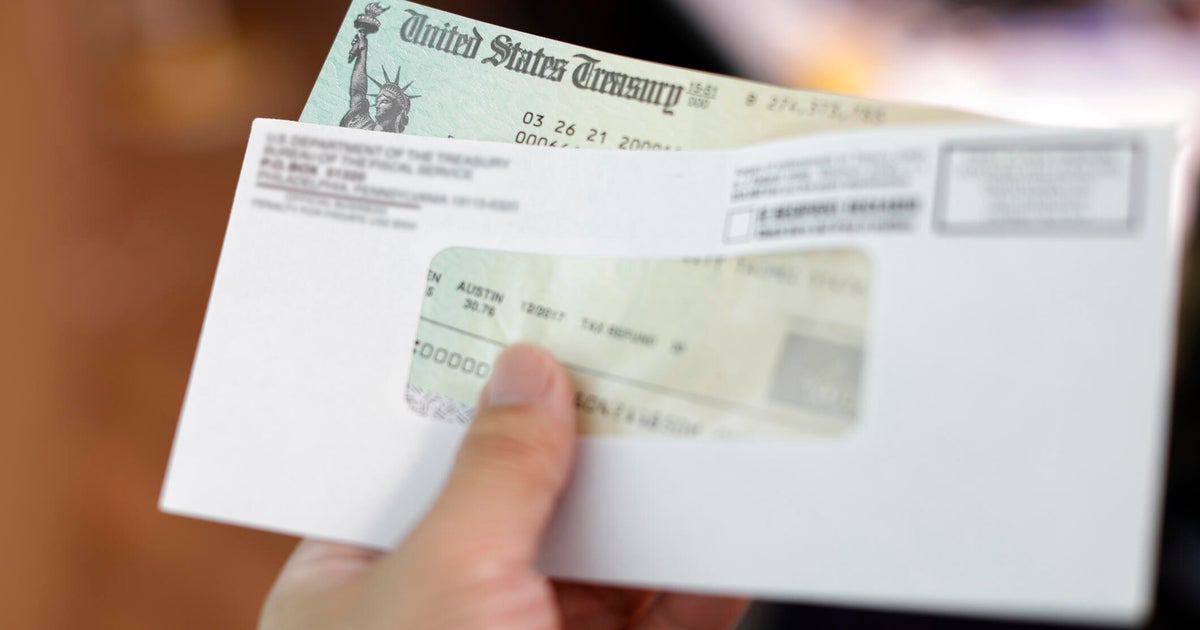Red Flags That Can Trigger An IRS Audit
BOSTON (CBS) - Most tax returns are handled by computers and there are formulas and averages for most of the categories. Most audits are simple paper audits where they send you a letter asking for supporting documentation.
So what may trigger an audit?
1. Not Reporting All Of Your Income: The IRS cross checks your income sources with 1099s and W-2s. If your income has dropped, that may be a red flag. Do not under report your income, no matter how tempting. If you have some self-employed income, report it and then use every deduction or write off you can find.
2. Claiming Large Charitable Deductions: The IRS calculated what the average donation is for a person in your income bracket. So if indeed you made a large donation last year be sure to have proper documentation. A cancelled check will do if the amount is under $250. Over that amount, you will need a letter from the charity.
3. Earning A Bunch Of Money: Over $100,000. You are 5 times more likely to be audited if you make the big bucks so be sure to document all of your deductions and income.
4. Taking Higher Than The Average Deductions: If the deductions on your return are disproportionately large compared to your income, the IRS audit formulas will go "tilt". So if you have large medical deductions be sure you can prove them if need be.
5. Home Office Deduction: The IRS is always interested in this deduction, because history has shown that many people who claim a home office should not. If you work out of your bedroom or dining room, the deduction may be invalid.
6. Business Meals, Travel And Entertainment: Schedule C is filled with tax deductions for the self-employed individual. And the IRS has figured out that often some self-employed individuals tend to claim excessive deductions. They then make the assumption that all such individuals may cheat so Schedule C will get a review.
7. Claiming 100% Use Of Your Car For Business: If you are self-employed and use your car for business be honest with how much you actually use the car for business. Keep very good records of the miles you drive. I know it's a nuisance, but necessary.
8. Cash Businesses: If you have a cash-intensive business like an antique shop, junk shop, car wash, a bar, a hair salon, or a restaurant you are probably on the IRS' short list! Whenever a lot of cash is involved, the assumption is someone is slipping some under the table!
9. Large Cash Transactions: The IRS requires reports to be filed for cash transactions in excess of $10,000 involving banks, casinos, car dealers and other businesses.
10. Math Errors: If you do your tax return in long hand, check your math and be sure to sign the return and put in the correct social security numbers. A sloppy return can trigger an audit.







